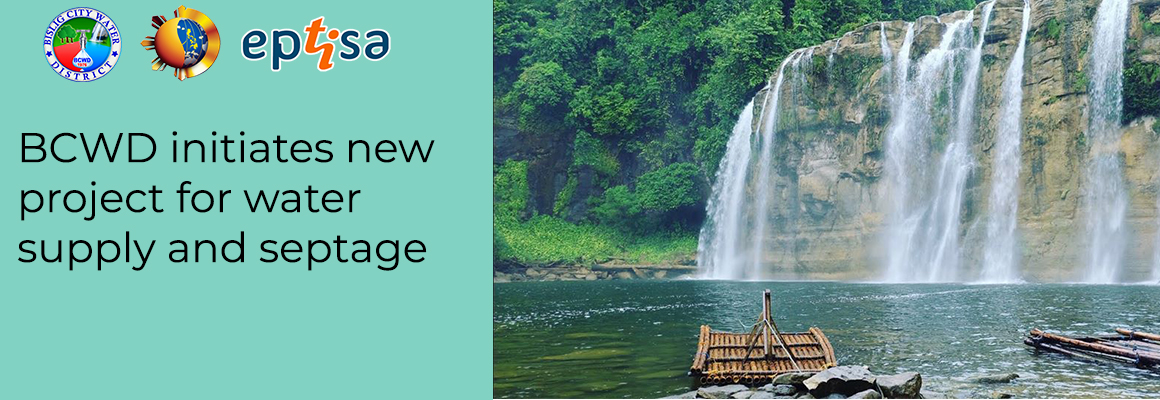
Over the past years, the City of Bislig has experienced shortages in water supply especially during the summer period. This is primarily attributed to the drought experienced by one of the City’s main watersheds. The drought also exacerbated the already limited available water sources that could meet the City’s requirements. In response to this pressing problem of water shortage, the Bislig City Water District (BCWD), with the support of the Public-Private Partnership Center of the Philippines (PPPC), has initiated the Bislig City Bulk Water Supply and Septage (BCBWSS) project.
The BCBWSS project aims to provide sustainable potable water supply and proper sanitation to BCWD’s coverage area through the development of new water sources and the construction, operations and maintenance of a bulk water supply and a septage treatment facility.
According to previous studies, the current water supply sources servicing 11 out of 24 barangays in Bislig City cannot fully meet the future demand of the City. As of November 2020, BCWD has 11,824 total water service connections. This number is projected to increase by 48.5% by 2024. However, the water production ratio is expected to increase only by 31%. The identified gap in supply and demand is expected to be addressed through the identification of additional water sources and the construction of a bulk water supply facility.
BCWD’s current water supply sources are the Cumawas Spring, Sian River, Kauntuan Spring, San Antonio Spring, Mantaban Spring, San Vicente Spring, Tabon Deep Production Well No. 1 & 2, San Antonio Production Well, and Coleto Production Well. Recommended as possible additional water sources in the long term are the Bislig River, San Nicolas Spring, Burboanan River, Labisma River, and PICOP’s man-made lake. These new potential water supply sources are subject to further technical study.
The feasibility study and transaction advisory services of the BCBWSS project is funded through the Project Development and Monitoring Facility (PDMF) being managed by the PPPC. The PDMF is a revolving fund with contributions from the Asian Development Bank’s Urban Climate Change Resilience Trust Fund (UCCRTF) and the Governments of the Philippines and Australia. Last December 2020, Eptisa Philippines was tapped as the consulting firm for the project preparation and transaction advisory services for the project. The feasibility study is expected to not only determine the project’s viability but also determine the structure for its implementation as a public-private partnership arrangement, as well as the resiliency measures that could be incorporated to make the project a sustainable one. The project is expected for award in the fourth quarter of 2022.

